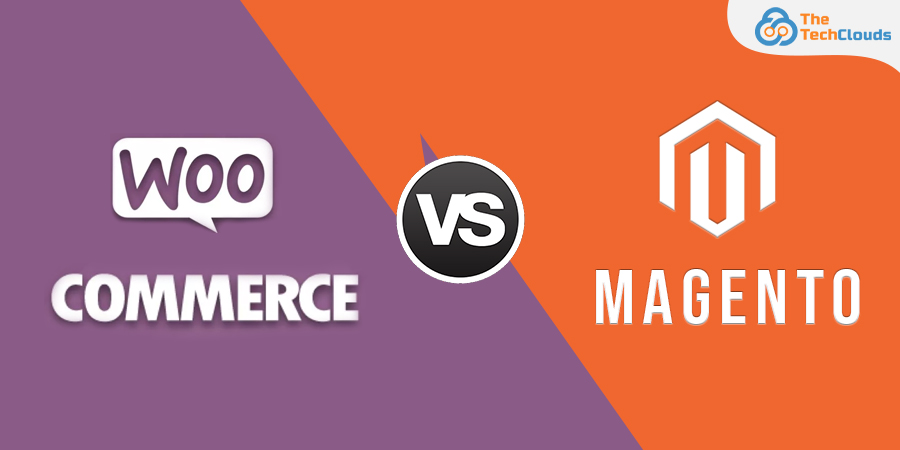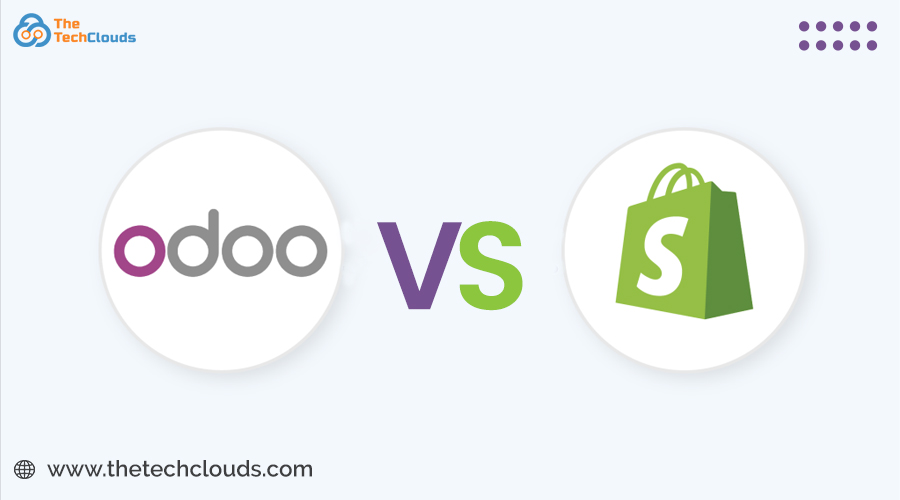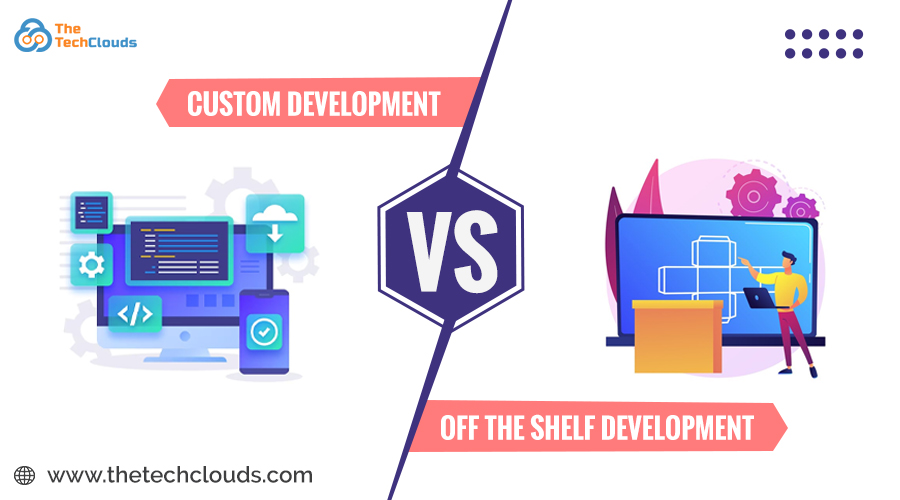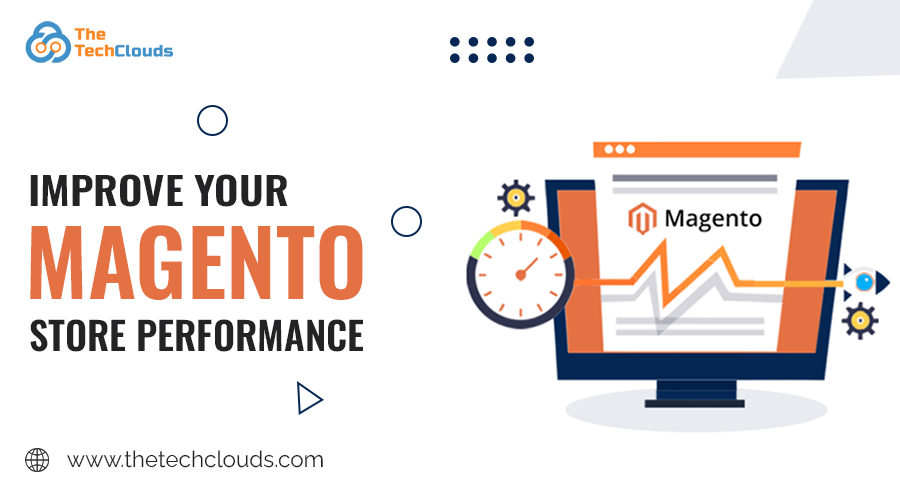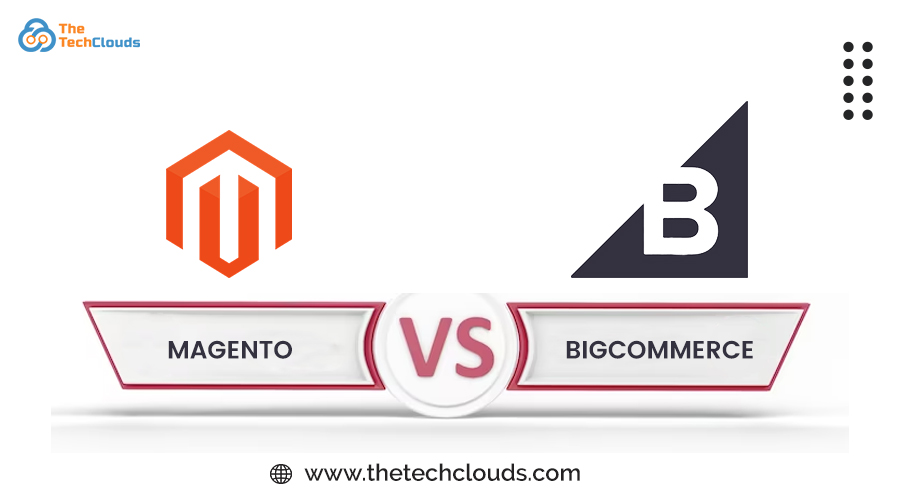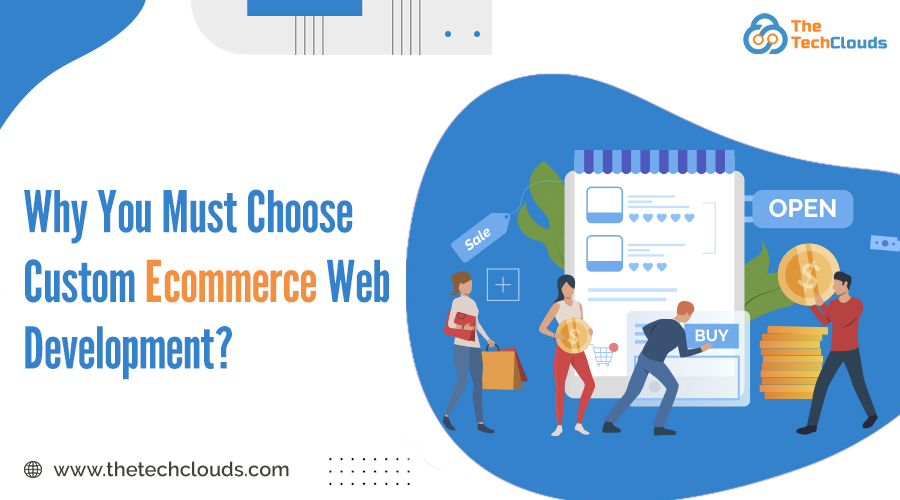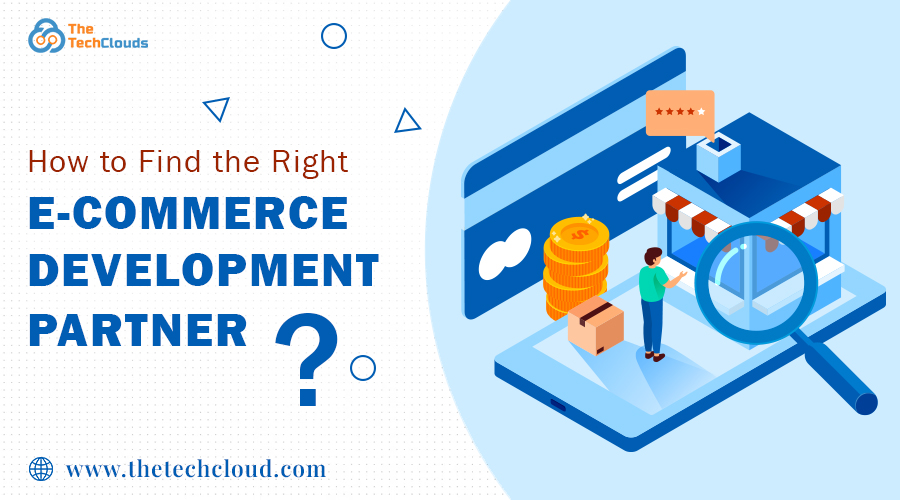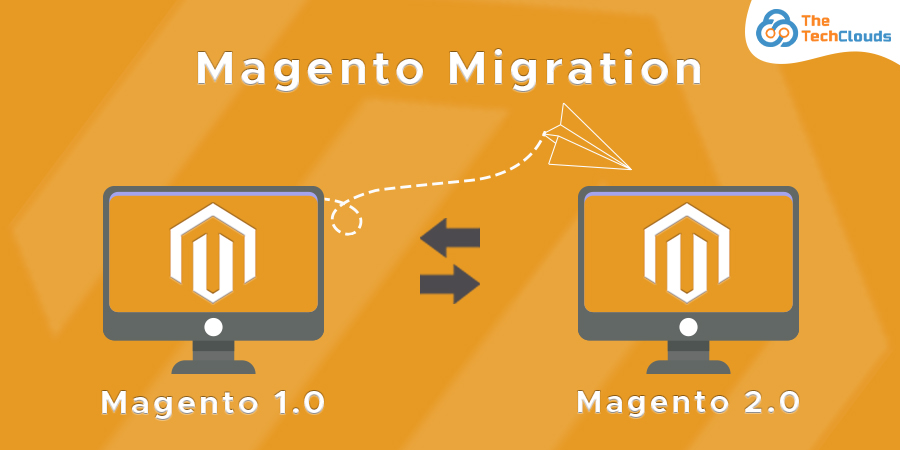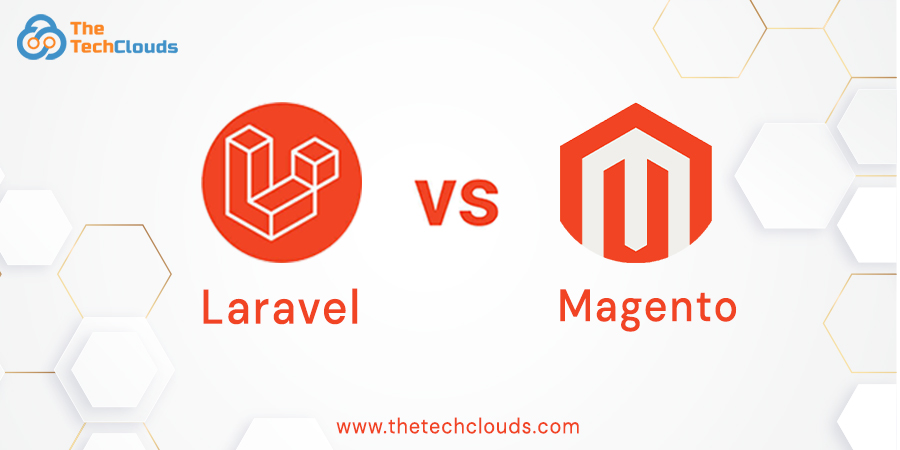WooCommerce and Magento are both feature-rich and widely used ecommerce platforms. It is difficult to choose an overall winner, and comparing the characteristics of each platform may leave you rolling your eyes in confusion, leaving your clients unable to purchase from your site. However, as one of the best e-commerce solution providers, we are here to assist you in making an educated decision. When it refers to e-commerce, there is no one-size-fits-all answer, but you can usually make the best decision for your specific requirements if you have all of the data. In this article, we will contrast Magento vs woocommerce in terms of important features, performance, security, cost, beginner-friendliness, and even product administration. By the end of this article, you’ll know exactly which solution is best for you
Woocomemrce Vs Magento: Basics
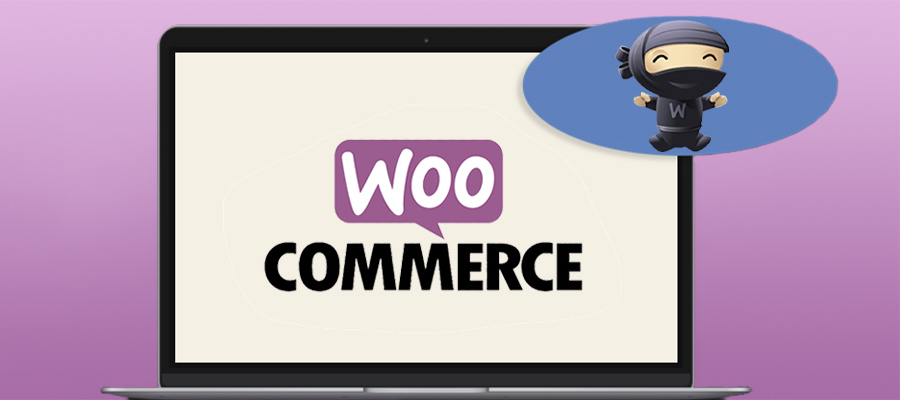
What is WooCommerce?
Woocommerce is an open source ecommerce website-building platform by WordPress. Most WordPress users are aware of the term WooCommerce. This highly successful e-commerce platform hosts around 400,000 sites. It includes practically all of the features you’ll have to launch an online store, as well as some advanced features via its framework. This platform is free; hence anybody can use its easy-to-use features to open an online shop. Starting from setting up a shop, adding features to integrating multiple payment gateways, and many more- taking charge of all is easy with the Woocmmerce website.
Key characteristics include:
- Multiple product support
The ability to support an endless number of items.
- Endless plugin to elevate user experience
It includes a powerful extension system based on the WordPress plugin framework.
- Flexible payment settings
You can add any third payment platform by using only the extension.
- Multiple free themes
Hundreds of paid and free themes are available. Pros:
- Aside from hosting services costs, setting up the store is free.
- If you’ve worked with WordPress before, it’s simple to learn.
- WooCommerce has powerful CMS that offers a seamless experience.
- Creating a customized website with Woocoommerce is easy.
- Its users have access to vast documentation.
- You can also approach the project’s crew if you have any further queries.
- A plugin is used to integrate with Google Analytics.
Cons:
- You must learn two new platforms if you do not already utilize WordPress.
- Premium templates and extensions can rapidly add up.
- Woocommerce websites are vulnerable to threats.
- Limited options to add customized features
- Not a good option for a growing business due to low scalability.

What Is Magento?
Magento is an open-source commerce-building platform with the best functionality and highly scalable features. Anyone with sound technical knowledge of coding can build a cutting-edge ecommerce site with the best capabilities. It is here to note, that Magento holds a 29.7% share of the worldwide CMS market, while Shopify, Open Cart, PrestaShop, and Drupal Commerce hold respectively 11%, 8.1%, 7.6%, and 2.5%. Magento is oriented more toward businesses. However, this does not exclude small firms from benefiting from its features. Magento has a free Community Edition, which is quite capable on its own, as well as an Enterprise Edition for larger businesses. For this comparison, we’ll concentrate on the features of the Community Edition.
Key characteristics include:
- Open source platform
It allows users to enjoy a faster and more flexible ecommerce website development process.
- Self-hosted platform
As any self-hosted platform should, it allows an endless amount of items!
- Pre designed themes
It includes its own predesigned theming, layout system, and ready-to-use templates.
- Easy third-party integration
Includes effective APIs for connecting to any third-party solution.
- Multi store and multivendor
Product creation options and simple admin interfaces. Pros:
- It is designed for scalability. Large retailers and enterprises should be no problem for Adobe Magento commerce, as long as your server can manage them.
- Small and mid-sized commerce can get the best support from the open-source Magneto platform.
- A simplified approach in website UX design allows customers to check out faster.
- Guest checkout is enabled by default.
- PayPal, Authorize.Net, Amazon Pay, and Braintree are the available Payment gateways at Magento.
Cons:
- Because of its steep learning curve, Magento seems more tailored for developers than average consumers.
- Its Software Suite is somewhat pricey, but it’s to be anticipated given its target audience
WooCommerce vs Magento – Detailed Comparison
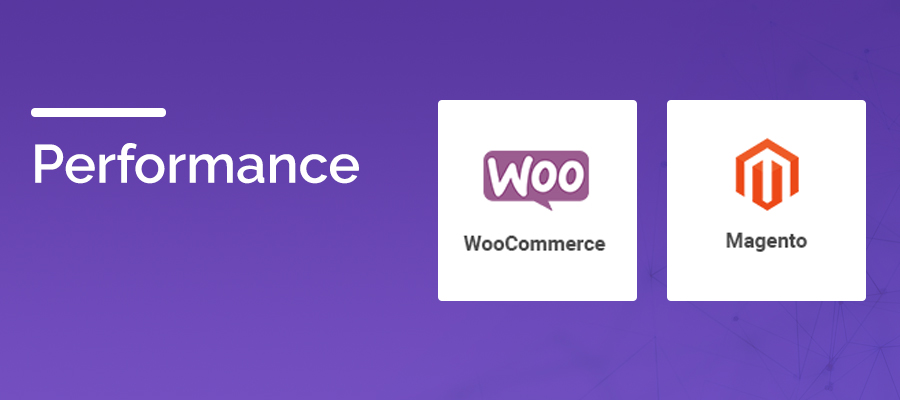
Woocomemrce vs Magento: Website Performance
Loading times are important for every website, but they are especially important for e-commerce. If your website takes forever to load or feels slow, some visitors will abandon it, taking their money and, eventually, your revenue with them. When it comes to performance, determining which solution is the ultimate winner is difficult. Because of its functionality and scale, each online store, irrespective of platform, will act differently. Additionally, there are a number of other aspects to consider, such as your web hosting provider, if you are using a Content Delivery Network (CDN), and whether your photos are optimized. Simply said, the performance of your online store will be primarily determined by you and the e-commerce solution provider or the hosting company that you’ve hired.
Woocomemrce vs Magento: Payment Gateways
Woocommerce Applepay, Braintree, Paypal Pro, Skrill, Amazon Pay, and Apple Pay are some most famous payment gateways available at Woocommerce. However, one can integrate any preferred third-party option using a payment extension from Woocommerce's exclusive extension store. Magento Magento offers the most famous payment gateways like Paypal, Stripe, Authorize.net, Amazon Pay, 2Checkout, Square, and many more. However, this endless list includes the option of open payment platform extension also. This extension supports seamless integration of third-party payment integration.
Woocomemrce vs Magento: Extension and Plugins

Woocommerce Woocommerce offers many exclusive extensions at its extension store. Adding these extensions is easy, however, most of these are paid once. Magento Magento offers a vast array of extension options to boost the overall capabilities of the website. Its exclusive extension allows users to improve and advance the overall functionalities of Magento commerce.
Woocommerce vs Magento: Product Features

Woocommerce 4 best features we found:
- Easy setup
Store setup by adding a preferred configuration is easy.
- Extension store
Extension stores have a library of extensions, just pay and advance the overall functionality.
- Robust CMS
Get access to WordPress CMS, which is known as one of the most robust CMS platforms.
- A strong dashboard
It offers an all one powerful dashboard that provides a smart user interface. Magento 4 best features we found:
- Site management
Provides various site management tools like CMS, customized design, CAPTCHA, and many more that offer the best user experience.
- Conversion tool
tools like Newsletter management, polls, free shipping, customized landing page, and more push inbound leads to conversion.
- Order management
Allow users to manage and edit multiple orders from a single admin panel.
- Exclusive features
Persistent shopping, targeted promotion, customer segmentation, multiple wish list, and store credits are some famous examples of Magento-exclusive features.
Woocomemrce vs Magento: Security

When it comes to e-commerce systems, the significance of security cannot be understated. Customers want you to safeguard their personal information as well as their financial data, and you must fulfill it. Likewise to performance, your online store’s safety is largely in your hands. Both WooCommerce and Magento let you deploy a range of advanced security mechanisms, albeit primarily through plugins and human tweaking. While no platform can be completely secure, Magento leads the way in this area by providing users with specific security fixes.
Also Read: Effectively Secure Your E-Commerce Store
The disadvantage here is that Magento security fixes are not especially simple to install. E-commerce newcomers may seem out of their element doing it on their own, resulting in a substantial amount of Magento support.
Which is better, Magento or WooCommerce?
In comparing Magento vs WooCommerce, we can’t specifically say a platform is better. It depends. Each is a right fit in different conditions as both platforms have separate cons and pros.
Before you choose, make sure:
- You have clarity on your presence and future e-commerce goal
- You understand where your industry heading towards
- You have considered the budget constraint, user behavior
Now match your condition to the following:
WooCommerce
- WooCommerce sites are perfect for stores just starting to grow steadily, i.e., SMEs.
- WooCommerce facilitates fast setups and takes low cost [ match tight budget) as it is a plug-in of WordPress.
- For E-commerce brands that heavily rely on SEO, blog, or content marketing, WordPress + WooCommerce is a perfect match.
- Its interface is beginner friendly. You can manage products, orders, and basic analytics. That’s why it is better suited for B2C commerce.
Magento
- Magento sites are ideal for enterprise-level brand
- Magento streamlines complex setup needs for B2B Commerce
- Magento caters to vast product catalog needs and matches all complicated back-end requirements
- Magento facilitates advanced customization and strong multi-store, multi-language, or B2B support.
Conclusion
It was difficult to choose a winner between WooCommerce Vs Magento because no single platform will precisely address the needs of every user. Although some of you may side with our choice of WooCommerce, others could feel more at ease with Magento. You must examine various variables, including performance, security, product management, and your entire spending – as well as your own specific requirements. The best is to seek assistance from one of the leading ecommerce solution providers as they can help make the right decision.


